On Tuesday, United States President Joe Biden threatened Israel with restrictions on military aid if the state doesn't improve the humanitarian situation in Gaza. The ultimatum, which gives Israel 30 days to comply with demands, reflects a strained US-Israel relationship as a result of growing controversy and dissatisfaction with Israel's military operations in the broader Middle East.
Growing Pressure
Since the October 7, 2023, attacks, Israel-Hamas relations have remained at historic highs, with civilian casualties resulting from both sides becoming commonplace in Gaza, and have boiled over to involve other key Arab leaders like Lebanon and Iran. On October 1st, Iran retaliated against the assassinations of high-level targets like Hassan Nasrallah, Ismail Haniyeh, and Abbas Nilforoushan by Israeli forces. The operation included the launching of approx. 200 missiles with targets across Israel, but due to effective interceptions from Israel and the U.S., few missiles made landfall and only one death resulted from the attack. Israel has since vowed to respond to the operation with their own offensive.
In the last week, Israeli forces have faced international backlash for allegedly firing on UN peacekeepers on multiple occasions. On October 9, the IDF reportedly fired on UNIFIL headquarters in Ras Naqoura, Lebanon, impacting the entrance to a bunker and damaging vehicles and communications systems. On the 10th, UNIFIL reported that an Israeli tank targeted an observation tower at the same location, injuring two UN personnel. On the 11th, UNIFIL once again reported that two UN guards were injured after being shot at by Israeli forces while they were in a guard tower. In response, the UN condemned Israel's actions as blatant violations of international law.
Israel has also faced criticism for its handling of humanitarian aid shipments. The Nutrition Cluster in the State of Palestine reported that Israel blocks approx. 83% of aid headed to Gaza, allowing only 69 aid trucks per day, compared to an average of 500 per day last year. They also estimate that 1 million people in southern/central Gaza did not receive any food rations during the month of August.
In response to these issues, the international community has called on Israel to change its policy. The U.K., France, and Algeria convened a U.N. Security Council meeting on Wednesday, where U.S. Ambassador Linda Thomas-Greenfield demanded proof that Israel does not have a "policy of starvation" in Gaza. In addition, Biden pledged on Wednesday that continued restriction of aid and violation of international law would result in an arms embargo.
The Boiling Point
The letter, which was published by Axios Tuesday morning, gives Israel three conditions that, if not met within 30 days, would result in restrictions on military assistance.
The letter first demands an increase in aid tolerance in Gaza. Specifically, it requires at least 350 aid trucks to be allowed to enter Gaza daily. It also includes provisions requiring an increase in the number of vetted delivery drivers, expedited aid clearance at certain entry points, allowing Muwasi residents to move inland for the winter, and other humanitarian measures.
The second demand is increased compliance with Jordanian Armed Forces (JAF) activity in Gaza. Specifically, the letter calls on Israel to waive customs requirements on the JAF corridor and open up more entrances for JAF trucks. This comes as a result of the dire need for more humanitarian assistance, which JAF officials are poised to deliver (if allowed by Israel).
The third and final demand of the letter is that Israel end its "isolation" of Northern Gaza. This includes such provisions as reaffirming that there will be no forced evacuation of citizens from Northern to Southern Gaza and ensuring that humanitarian organizations have continuous access to the Northern region.
The Timing
Interestingly, the deadline of the ultimatum is set for after the U.S. election, which will happen in just 19 days. This may throw a wrench in the effectiveness of the letter, as the enforcement of it will likely depend on who is the next U.S. President. This could mean that Israeli Prime Minister Benjamin Netanyahu will simply wait for the results and hinge his compliance on who wins. If Trump comes out as the victor, he may simply wait out the U.S. government until Trump reinstates aid. Although Trump has not made a statement regarding this specific situation, it is likely that he would do so if elected.
The timing of the letter has also caused some to criticize Biden for allegedly politicizing the humanitarian crisis. Some argue that the administration is imposing the embargo on a Harris win in order to gain support among Muslim voters, which have emerged as a key demographic, particularly in the swing state of Michigan. However, it is unclear whether or not the timing of the election actually led to the letter being sent. The humanitarian situation in Gaza, as well as Israel's alleged international law violations, have been increasing in severity in recent times. This could be why the letter was sent when it was.
It is ultimately unclear what the impact of this threat will be. The specific types or amounts of aid being leveraged were not made clear in the letter, and past attempts from the international community to change Israeli policy have proven ineffective. However, an increasingly dire national security situation in Israel and a severe dependence on United States protection may well convince Israel to follow Biden's demands. Over the next month, the world will learn important lessons regarding the complexity of balancing humanitarian protection with national sovereignty and security.



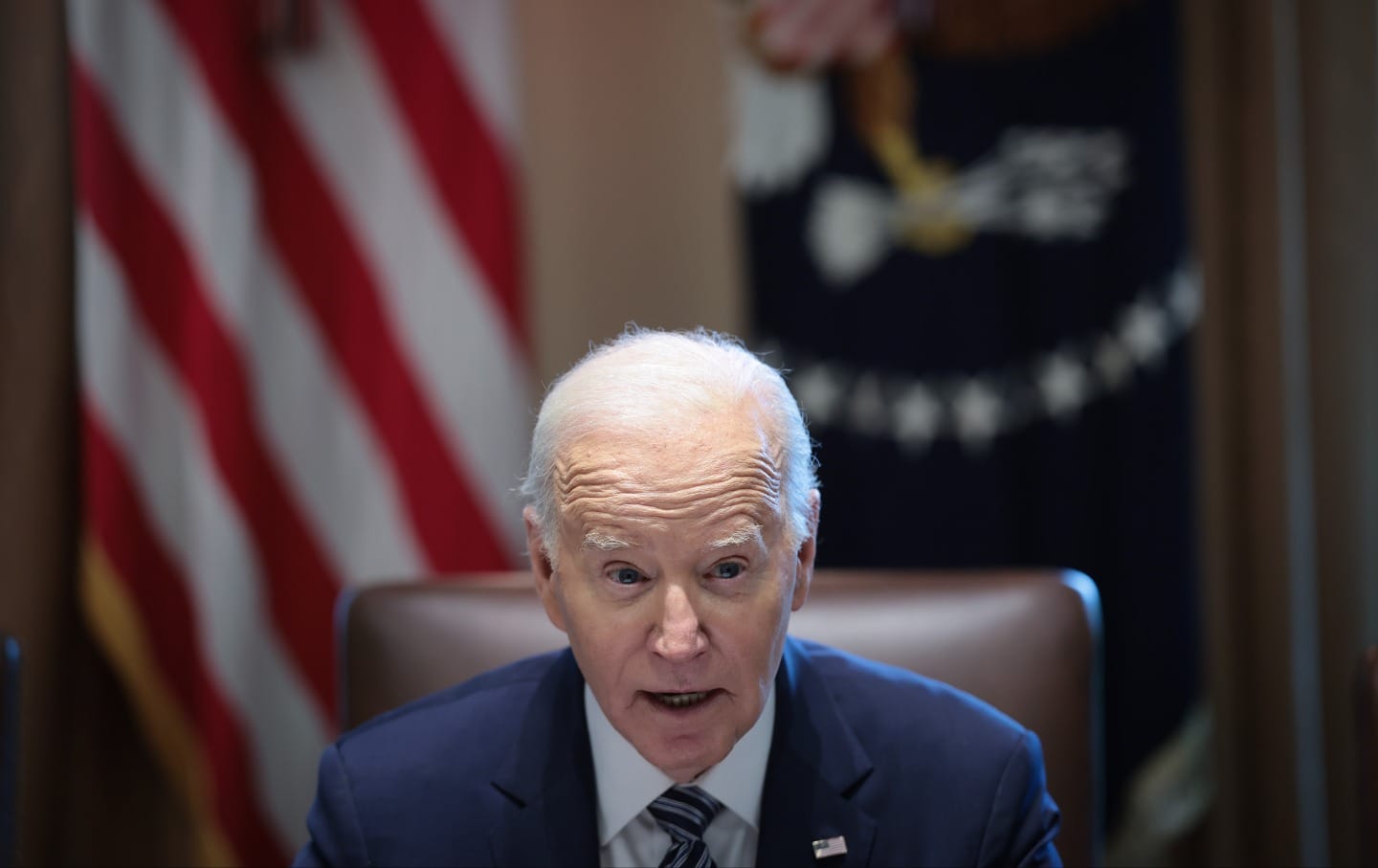



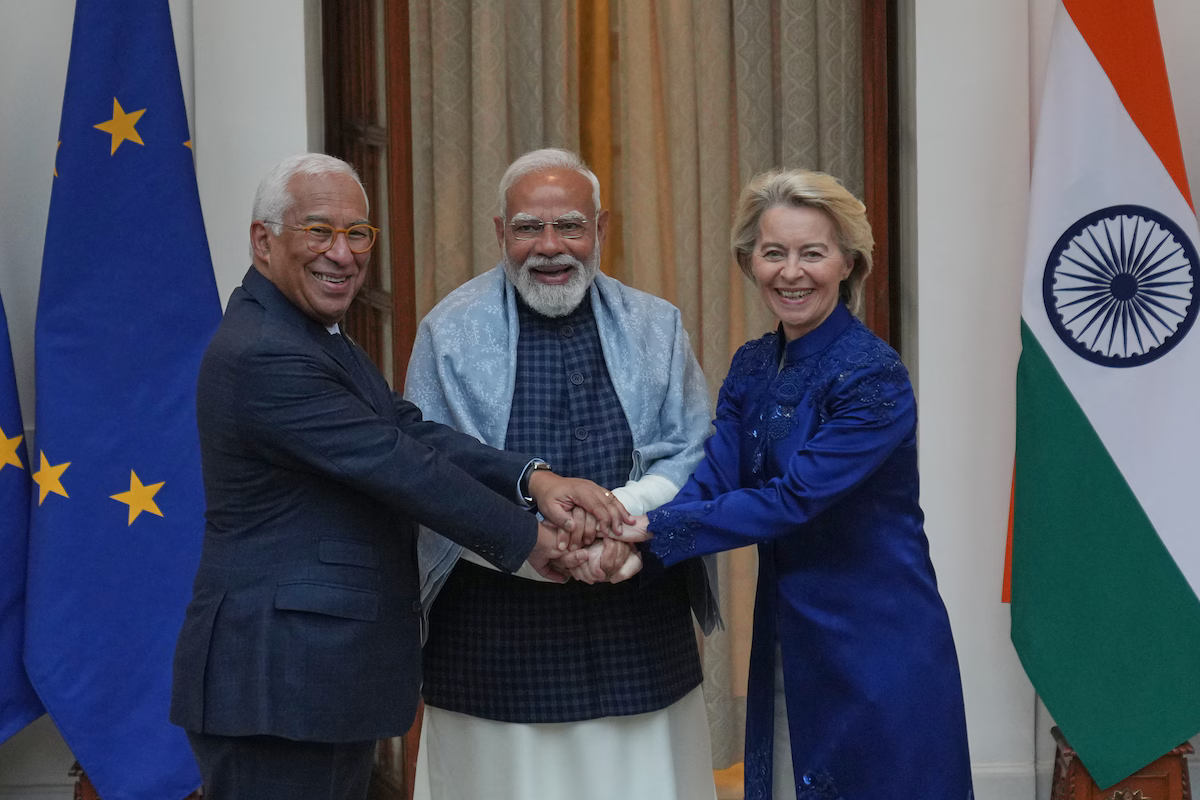



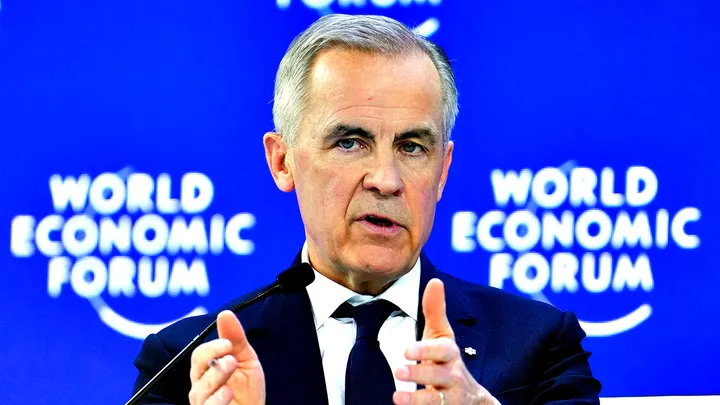
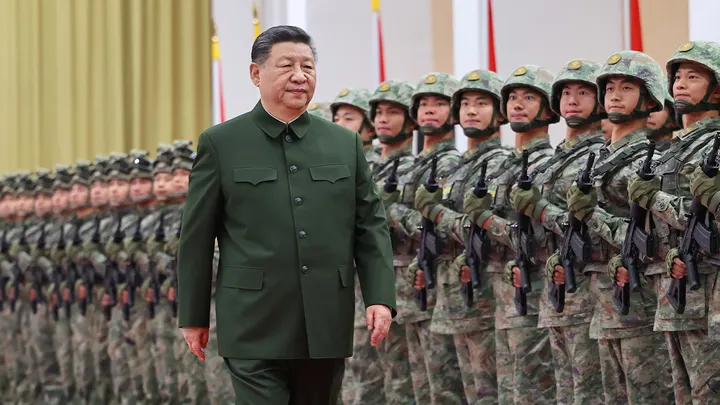
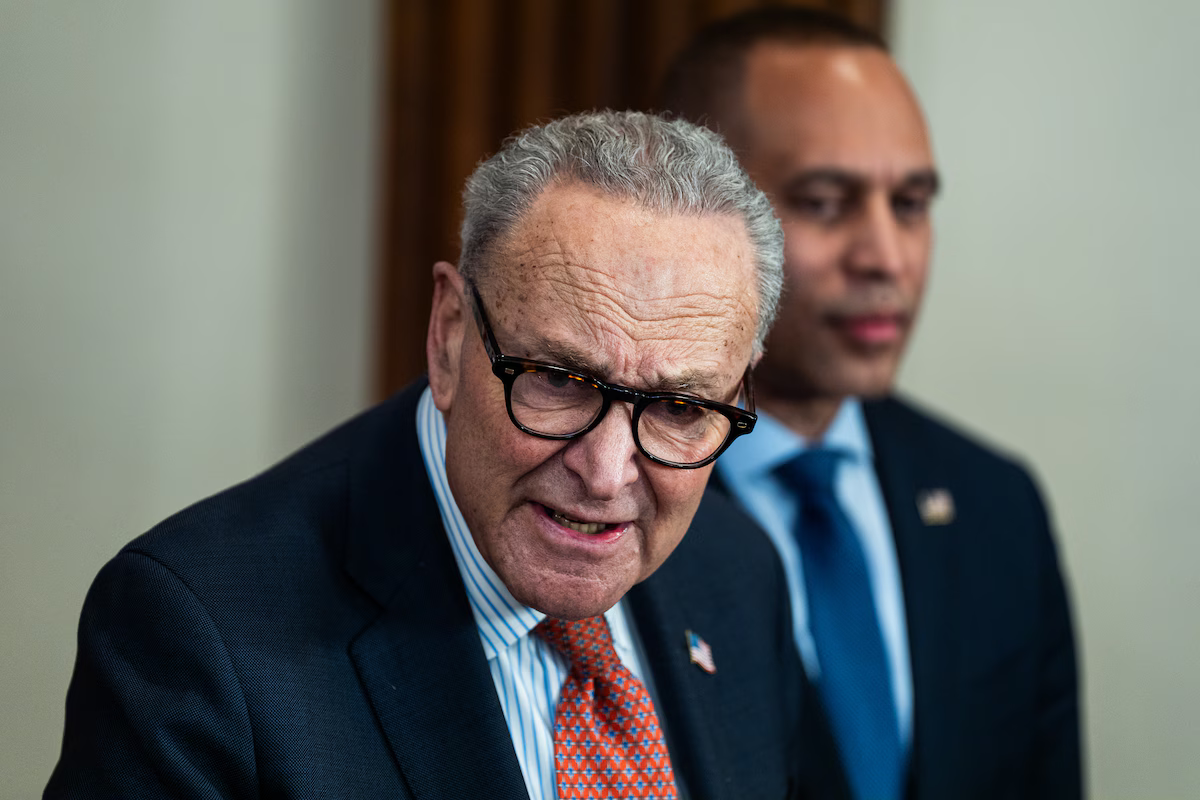
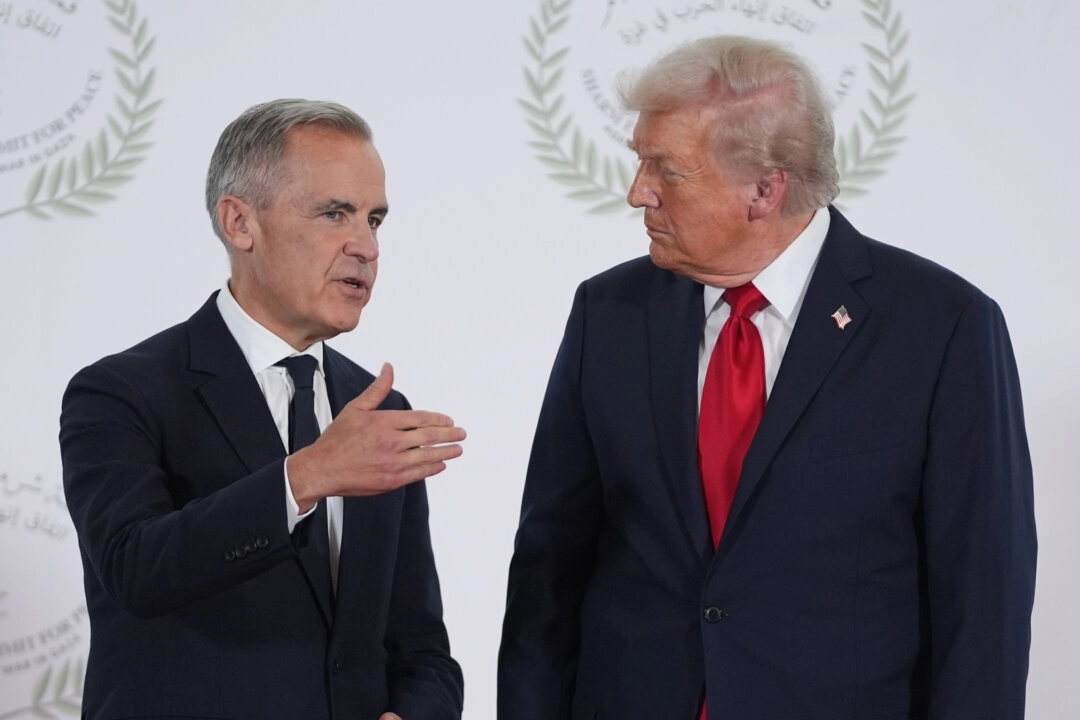
Discussion